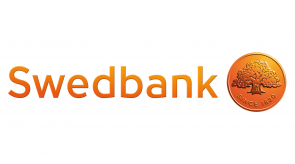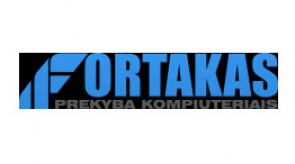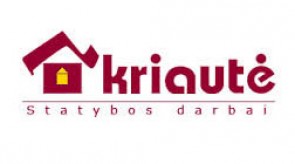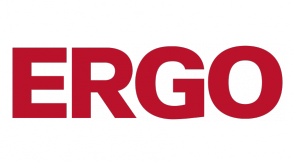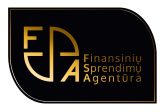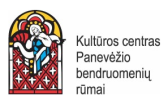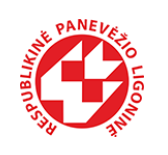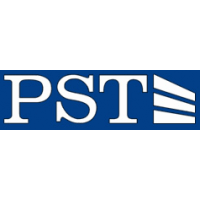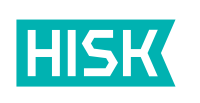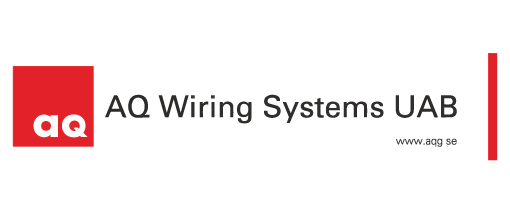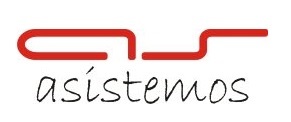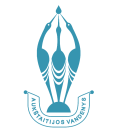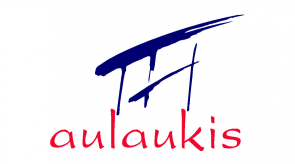Emergency Medical Aid
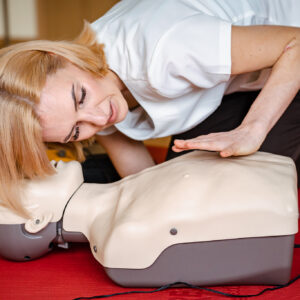 Study mode and duration: full-time (3 years).
Study mode and duration: full-time (3 years).
Study programme is carried out: Panevėžio kolegija/State Higher Education Institution, Faculty of Biomedical Sciences.
Degree and professional qualification: professional bachelor of health sciences.
Volume of study programme in credits: 180 ECTS credits.
Why choose this programme: graduates will be able to work in first aid services establishments, admission departments of health care institutions, national defence system, medical divisions of internal affairs, rescue services and other institutions and enterprises, where his/her activity is required.
Please check Rules for Admission for foreigners
| General modules (subjects) of college studies |
|---|
| Module 1. Bioethics (Professional ethics; Basics of health law and management; Basics of scientific style) |
| Modules (subjects) of study field |
| Communication and health psychology |
| Microbiology and infection control |
| Organization of emergency medical care |
| Module 2. Anathomy, physiology and pathology |
| Module 3. Preclinical subjects (Basics of biochemistry and biophysics; Pharmacology) |
| Module 4. General nursing procedures* (General nursing procedures) |
| First medical aid |
| Specializations / Alternative modules (subjects) |
| Professional foreign language (English, German, Russian) |
| Practices |
| Introductory practice (Module 4) |
| General modules (subjects) of college studies |
|---|
| Basics of enterpreneurship |
| Modules (subjects) of study field |
| Information technology and basics of statistics |
| Module 5. Acute conditions I (Acute conditions in OB/Gyn; Acute conditions in paediatrics; Acute conditions in psychiatry) |
| Module 6. Acute conditions II (Acute conditions in medicine) |
| Module 7. Acute conditions III (Acute conditions in surgery; Acute conditions in traumatology) |
| Electives subjects set by the College |
| PD1 |
| Practices |
| Module 10. Practice of emergency medical care in acute conditions |
| Modules (subjects) of study field |
|---|
| Methodology of applied scientific research |
| Module 8. Emergency medical care (Basics of emergency medical aid delivery; Medical assistance in the case of mass disaster) |
| Module 9. Specialized intensive care assistance for children and adults |
| Specializations / Alternative modules (subjects) |
| A2 Healthy lifestyle / Physical activity |
| Electives subjects set by the College |
| PD2 |
| Practices |
| Final practice** |
| Final Thesis** |
* Practice is integrated into the content of the module
** Final module
PD1, PD2 – optional modules (subjects) foreseen by the order of the Director
A1, A2 – alternatively chosen modules (subjects), foreseen by the study field programme committee
This study plan applies from 2022.
Attention to practice: practical skills are being improved by students during practice in a real environment in various health care institutions and patients’ homes. Partners: Panevezys City Ambulance Station, Panevezys Republican Hospital and other health care institutions of the Republic.
Opportunities for international studies: students of the programme have the opportunity to study according to the ERASMUS student exchange program.
Career opportunities: graduates may pursue study results if they wish to study at university according to the study programmes of the first cycle. After the bridging courses or having accomplished the requirements of other higher educational institution, students have access to continue studies in the second study cycle with the view to attain master’s degree.
The aim of the programme Emergency Medical Aid – to qualify emergency medical aid paramedics who are able independently and together with the medical team to provide the necessary (first and emergency) medical assistance to people of all ages, evaluating the degree of vital functions disorders and the nature of the injuries, demonstrate critical thinking and to develop science-based practical activity.
Learning outcomes:
- Students know national and international health policy, legislation and other documents regulating the activity of the emergency medical aid professionals and provide professional information in the limits of their competence.
- They are able to know and apply natural, biomedical, social and humanitarian sciences knowledge in the practice of the emergency medical aid professionals.
- They are able to carry out applied scientific research of the emergency medical aid, interpret, analyze, summarize and present data received.
- They are able to apply scientific research and evidence-based practice in dealing with emergency medical problems.
- They are able to ability to assess the working environment, work with emergency medical equipment and devices in accordance with occupational safety principles.
- They are able to recognize and evaluate life-threatening conditions of the various age people.
- They are able to select and perform necessary medical aid techniques and actions according to approved protocols for life-threatening conditions and traumas.
- They are able to ability analyze and evaluate the results of the work and apply correction and prevention in their professional activities.
- They are able to communicate and collaborate with health care and other professionals and patients, their relatives dealing with personal health problems within their competence.
- They are able to work professionally individually and in the team ensuring the quality of the services provided.
- They are able to make decisions independently and understand their responsibility for the professional performance.
- They are able to plan and analyze professional activity, learn consistently and improve taking into account scientific and technical progress.

